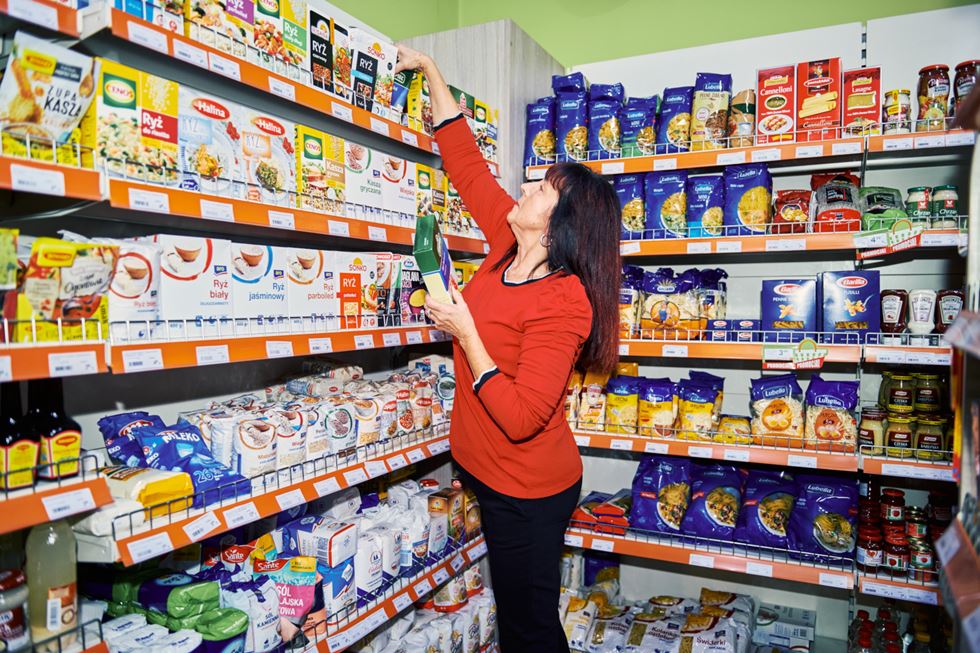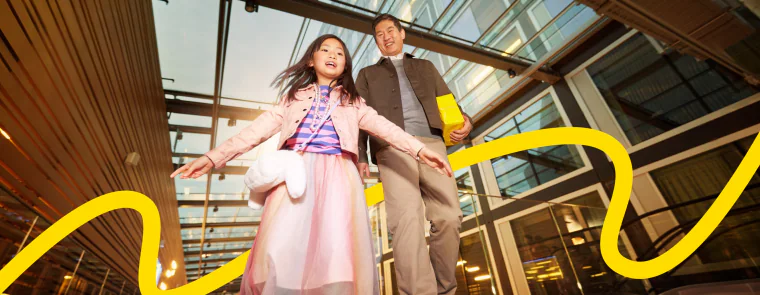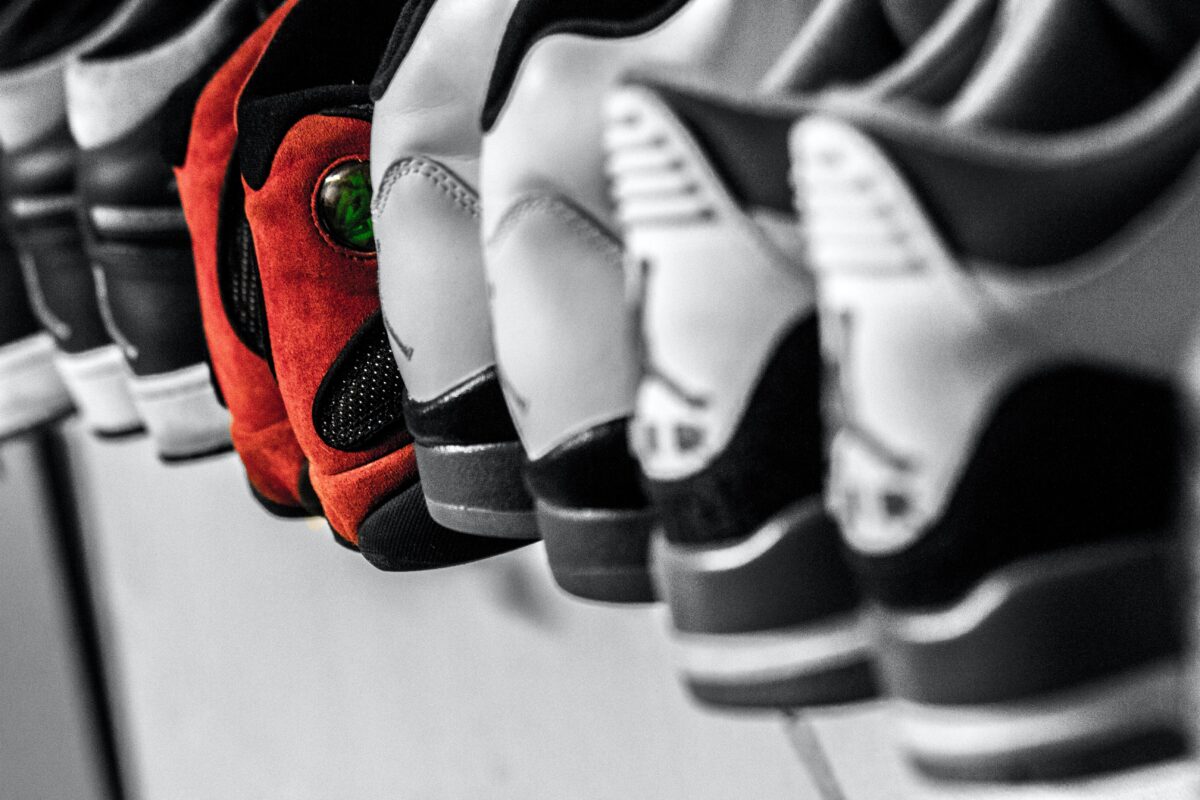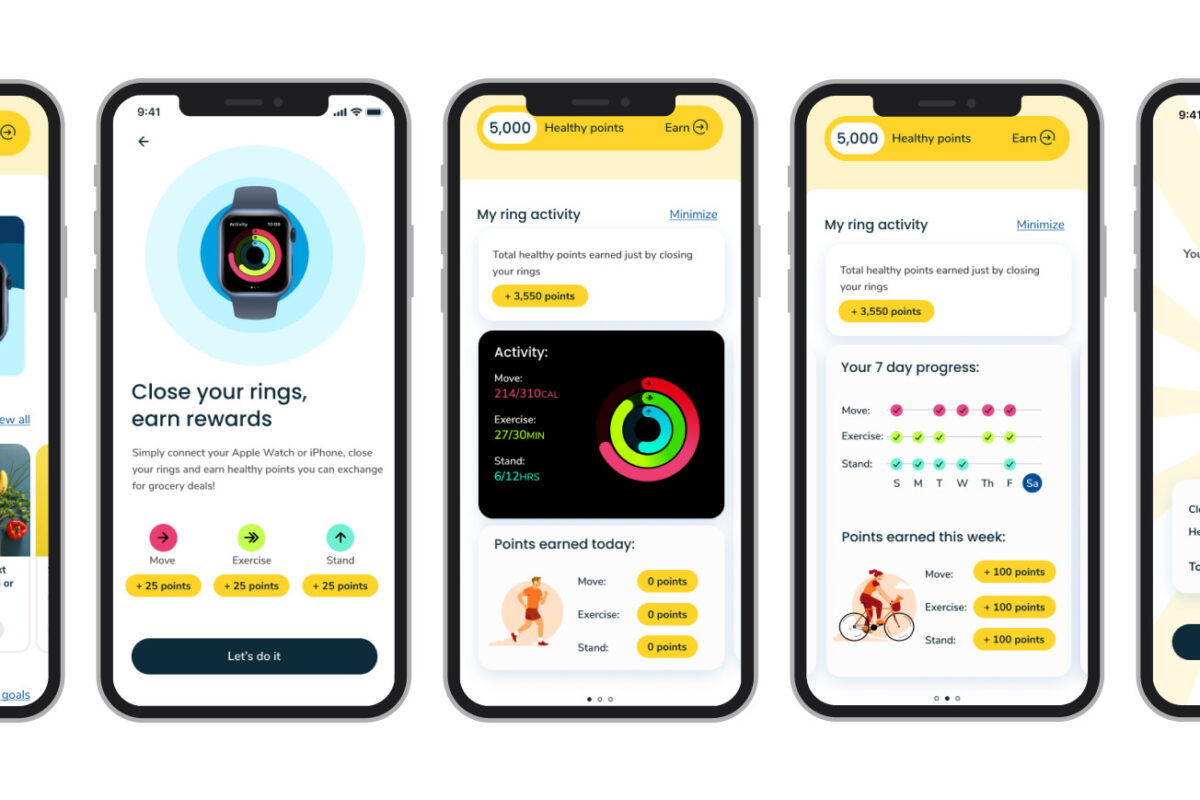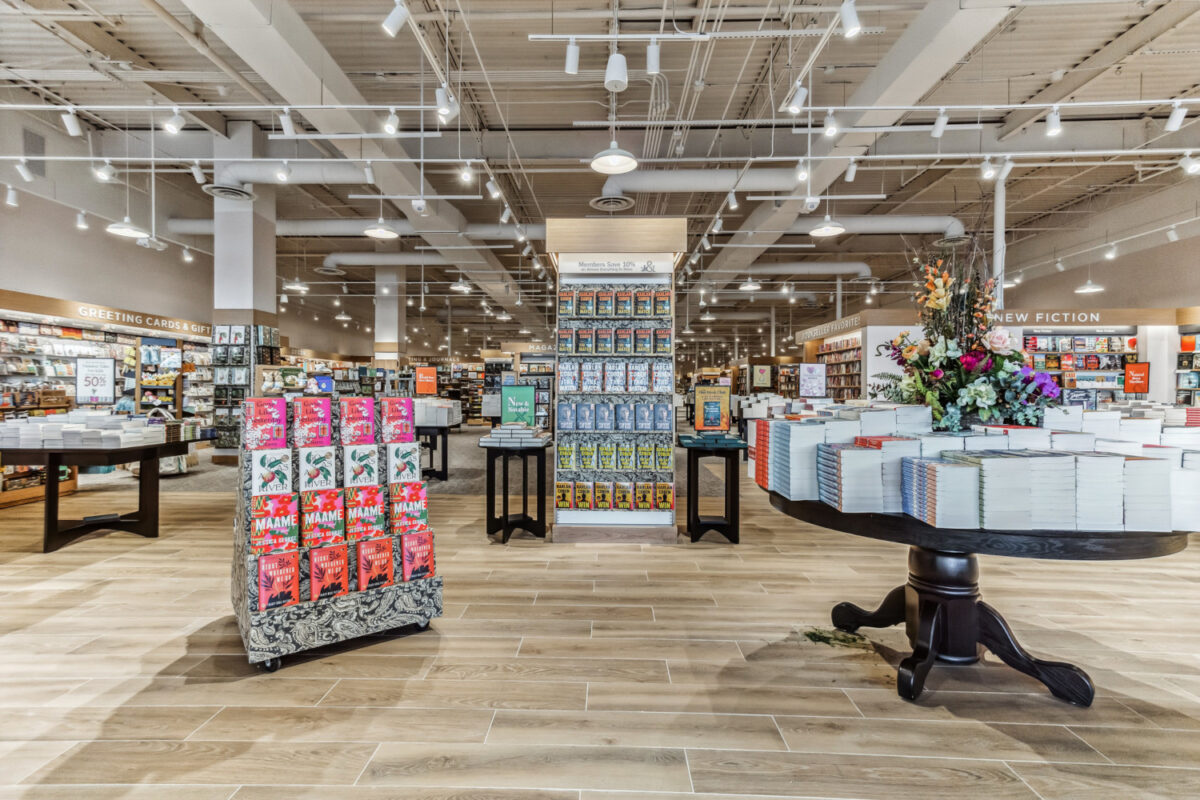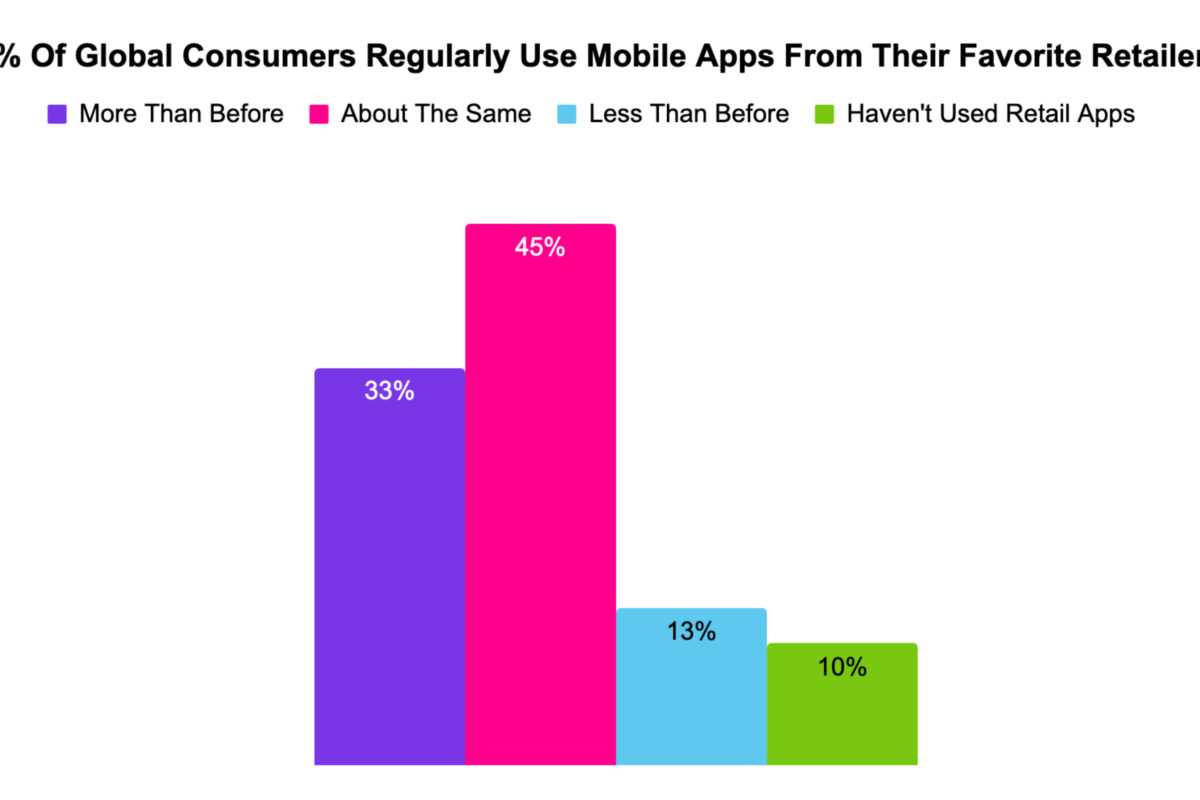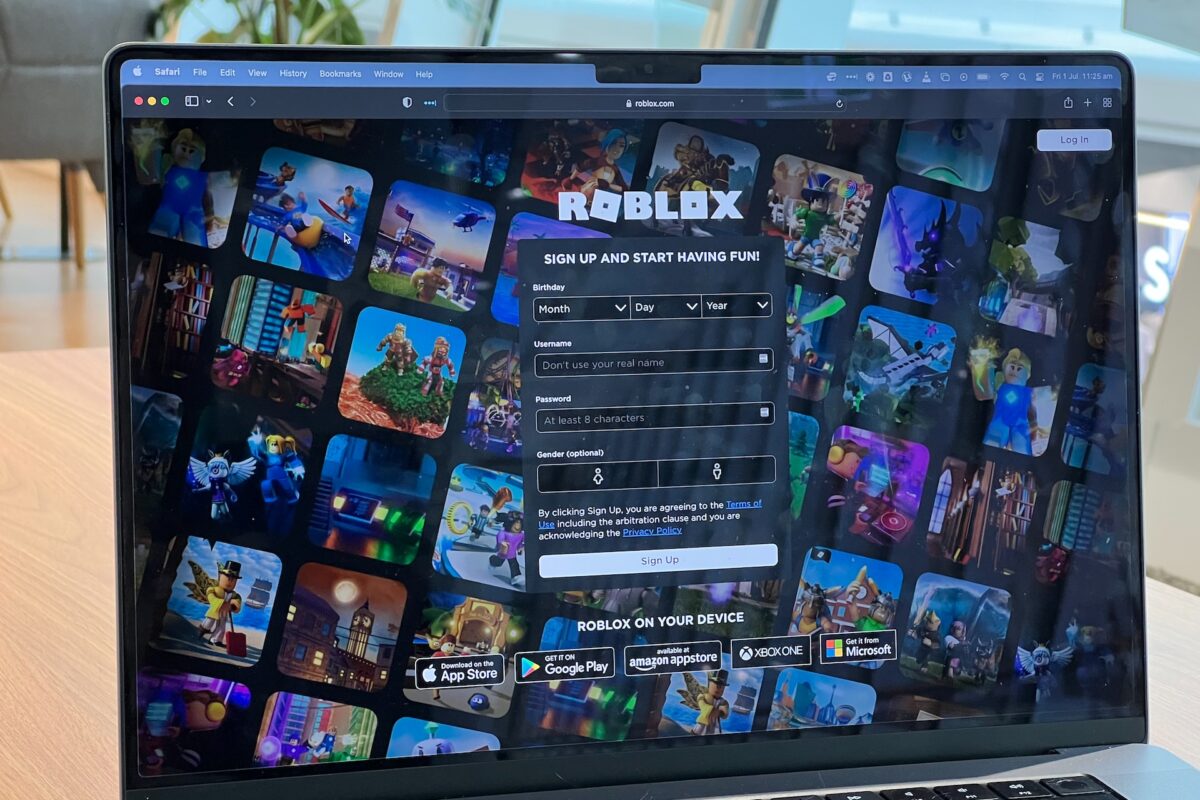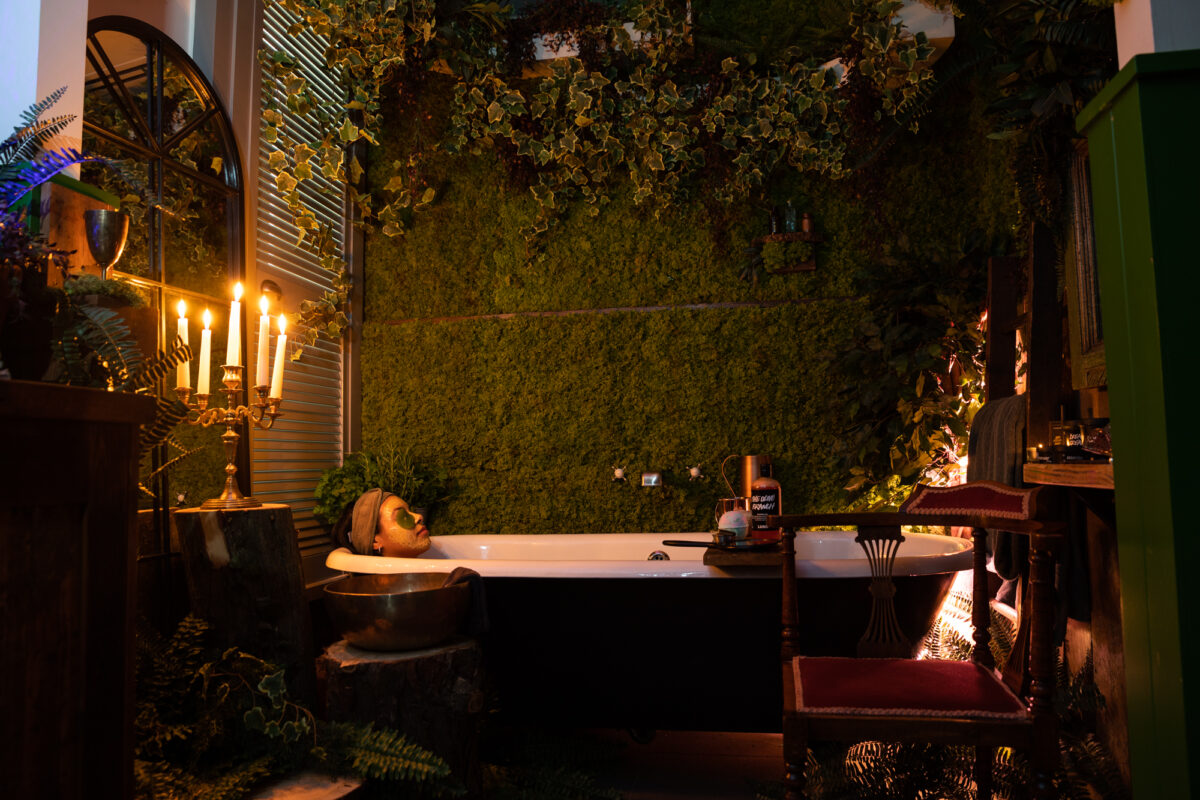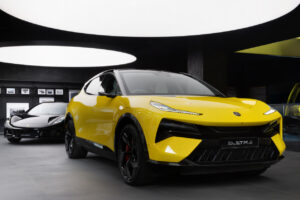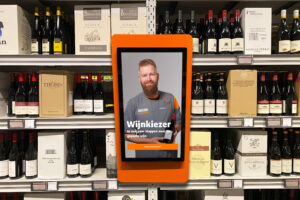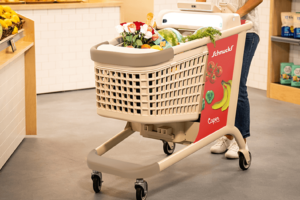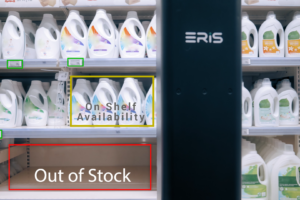New research by Barclaycard into the value of the experience economy suggests a disconnect between consumer and businesses priorities. With Brits favouring being engaged and entertained when deciding how to spend their money, brands need to do more to match their increasing expectations.
The findings show more than half of consumers (52 per cent) would rather pay for a good experience than splash out on material possessions such as clothes and shoes. The same number (52 per cent) would choose to tell their friends and peers about an enjoyable brand experience rather than a purchase they’ve made.
Such is the significance that Brits now place on having a good time that the experience a brand provides is almost equally as important as receiving value for money (81 per cent vs 83 per cent). This indicates there is huge opportunity for brands willing to prioritise the experience they offer – whether that’s through creating pop-up shops in unexpected locations or offering something additional in-store.
The value of ‘surprise and delight’
Festivals are becoming increasingly popular locations for brands to engage with their target audience. Nearly six in ten consumers (57 per cent) say they enjoy finding brands and retailers in non-traditional locations, with 23 per cent visiting a pop-up store in the last year. A further two thirds (66 per cent) suggested they respond positively to brands who surprise them with unexpected experiences or offers.
The need for brands to offer consumers ‘something extra’ is especially pertinent for food and drink retailers. 68 per cent of respondents said the setting they are served in is as important as the food or beverage itself – a clear sign that providing the best quality product or price is no longer enough to encourage customers to engage with a brand.
Business owners who have tapped into festivals as a new way to engage customers, for instance by serving food at pop-up stalls on site, tend to agree. 40 per cent believe that added experiences beyond the entertainment festival-goers have paid to see, such as activity zones, are a key factor for when deciding whether to attend.
Value versus investment and skills
Despite the value that investing in the experience economy presents to brands, just 28 per cent of businesses say it’s an area of focus – suggesting a disconnect exists between what merchants are prepared to offer and the expectations customers have. The top reasons given by brands for not prioritising experience is a shortage of expertise (31 per cent), followed by a lack of financial resources (26 per cent).
When asked about the types of business development activities their company had undertaken, 31 per cent had invested in customer experiences and a further 40 per cent would like to in the future. Suggesting, that while brands can see the value of the experience economy more needs to be done so that they realise its full potential.
Daniel Mathieson, Head of Sponsorship at Barclaycard, said: “To create long lasting relationships brands need to offer more than the best product or service – they need to tap into consumers’ hearts and minds too. Our data shows that consumers now seek out entertainment above all else when deciding how to spend their money so focusing on seizing this opportunity should be a key priority. By providing something extra, whether that’s engaging with music fans by being present at their favourite festival or creating pop-up stores in new locations, brands that are part of shaping meaningful and shareable memories will be the ones that thrive in an experience-led economy.”
One retailer who has placed increased focus on engaging with customers in new ways is Boutique bakery and winner of TimeOut’s No.1 Brownie in London, Bad Brownie.
Paz Sarmah, co-founder of Bad Brownie, comments: “Music festival pop-ups now account for 15 per cent of our annual revenue so they’re hugely important to our marketing strategy. They give our customers the opportunity to meet us, offer feedback and share their ideas for future brownie flavours, playing a vital role in shaping and growing our business. We need to move fast to react to customer input and consumer trends, and having a strong business platform in place allows us to surprise and delight customers with exciting product innovations on a regular basis.”
Source: Barclaycard








